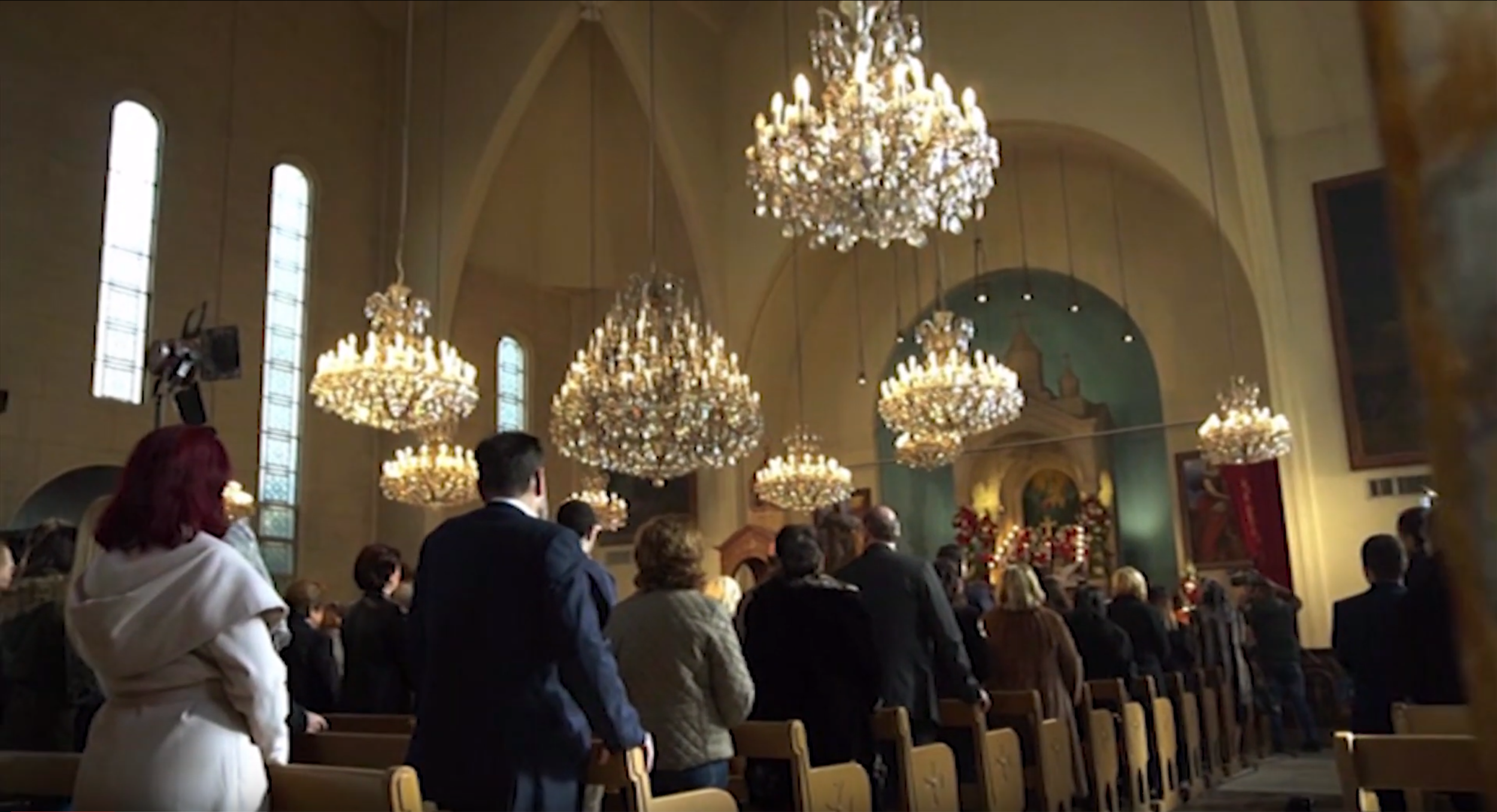
The Middle East Council of Churches is a regional ecumenical organization, which brings together Churches in the Middle East for a common Christian witness in a region where Christ was born, lived, died and resurrected.
UNDER THE SPOTLIGHT


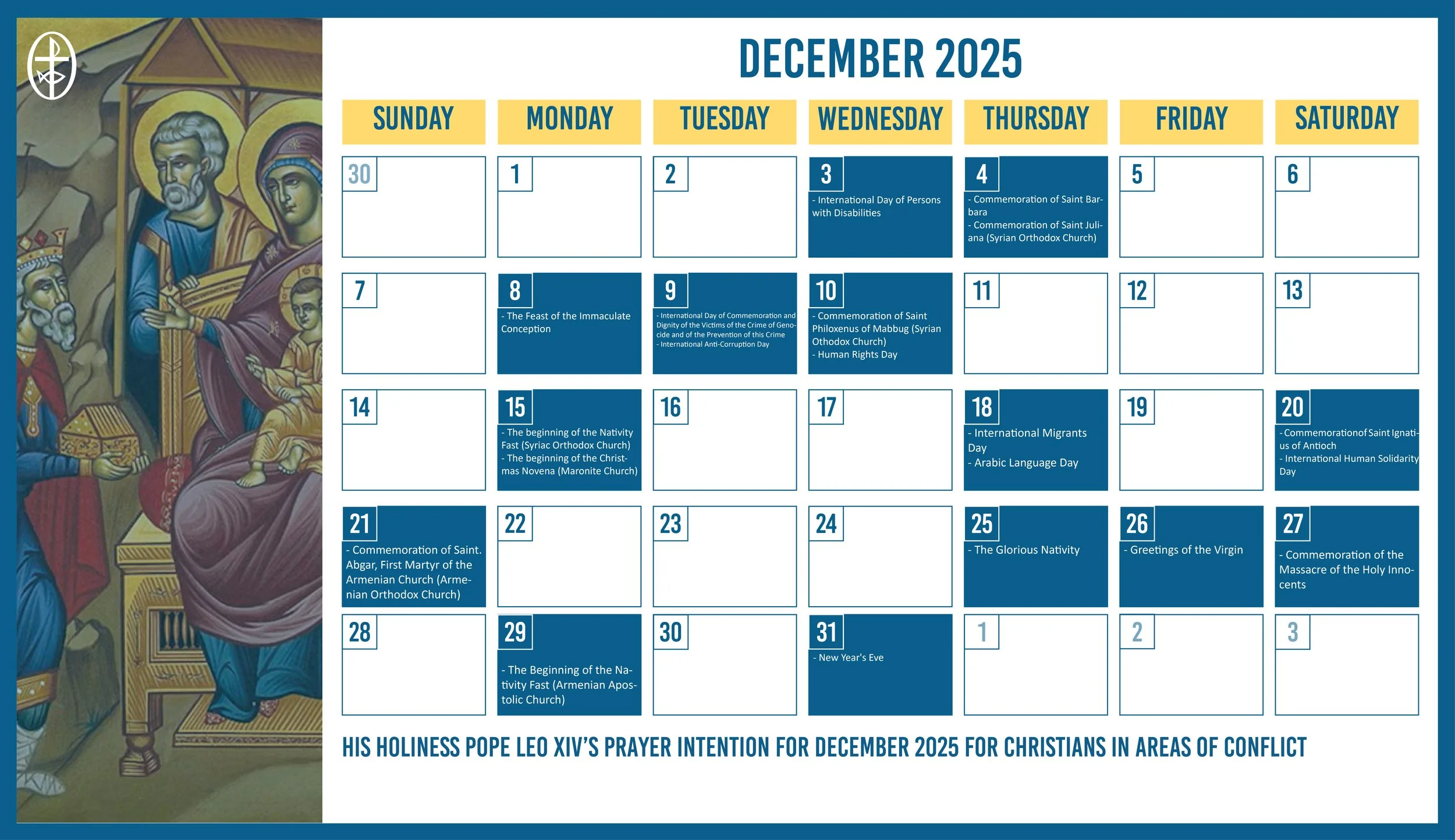
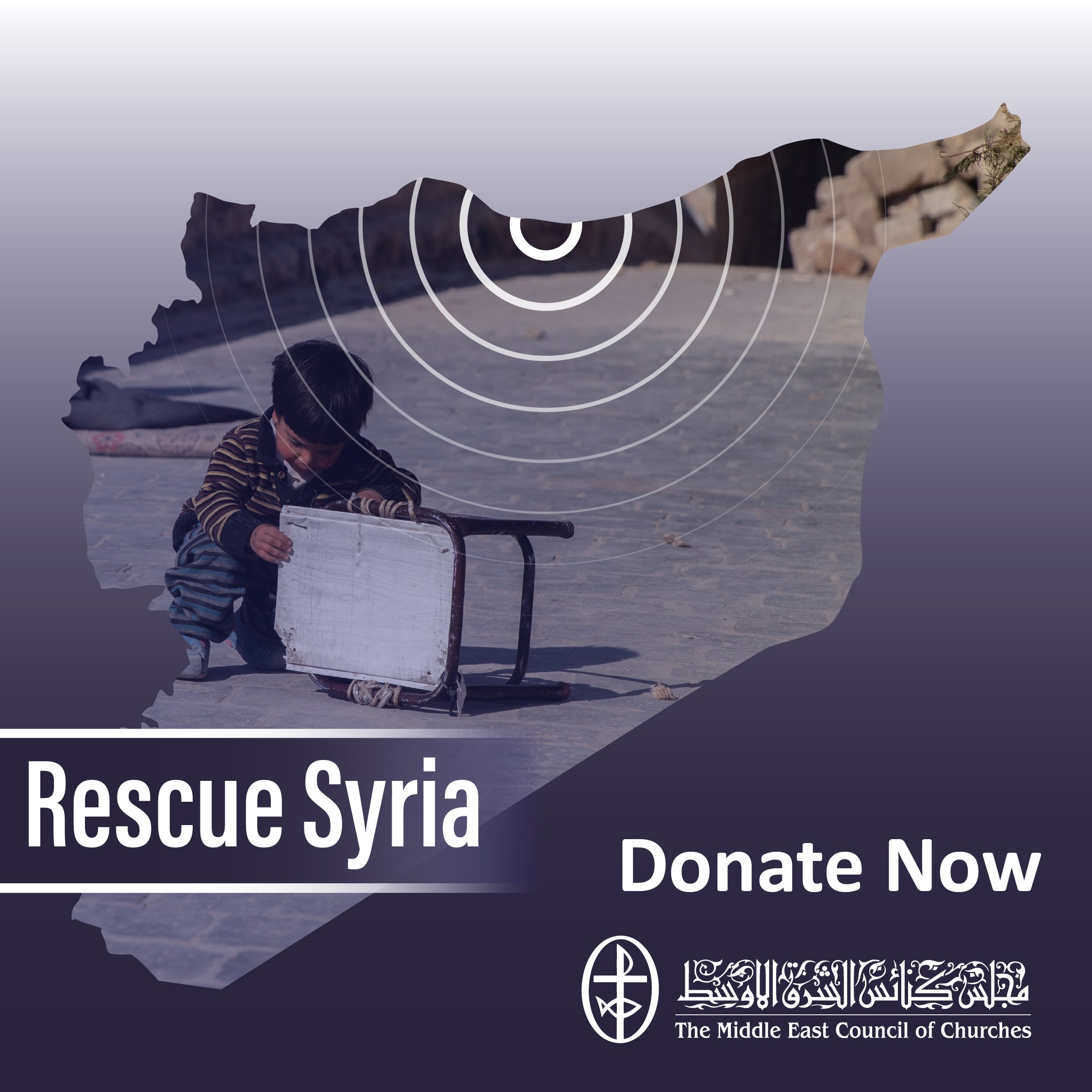
Produced by the Middle East Council of Churches
“Ecumenical Horizons” is a weekly program that features spiritual, cultural, intellectual, educational, youth and environmental topics.
The Week of Prayer for Christian Unity 2026 is celebrated in Egypt under the theme "There is one body and one Spirit, just as you were called to one hope when you were called" (Ephesians 4: 4). The program of celebrations begins on Thursday, January 22, and continues until Saturday, January 31, at the invitation of the Middle East Council of Churches and the Egyptian Council of Churches.
Hence, you can find the details of these celebrations.
Under the Theme “One Body and One Spirit”
The Middle East Council of Churches, in cooperation with the Egyptian Council of Churches, organizes the Week of Prayer for Christian Unity – Egypt 2026, under the auspices of the Churches in Egypt.
This is an affirmation of the one Christian witness and the common pursuit of unity for which Jesus Christ prayed: " that all of them may be one" (John 17: 21).
This year’s Week of Prayer has adopted a Biblical theme from the Letter of St. Paul to the Ephesians:
There is one body and one Spirit, just as you were called to one hope when you were called" (Ephesians 4: 4)
The Week of Prayer for Christian Unity in Egypt will be held from January 22 to 31, 2026.



BEIRUT BLAST
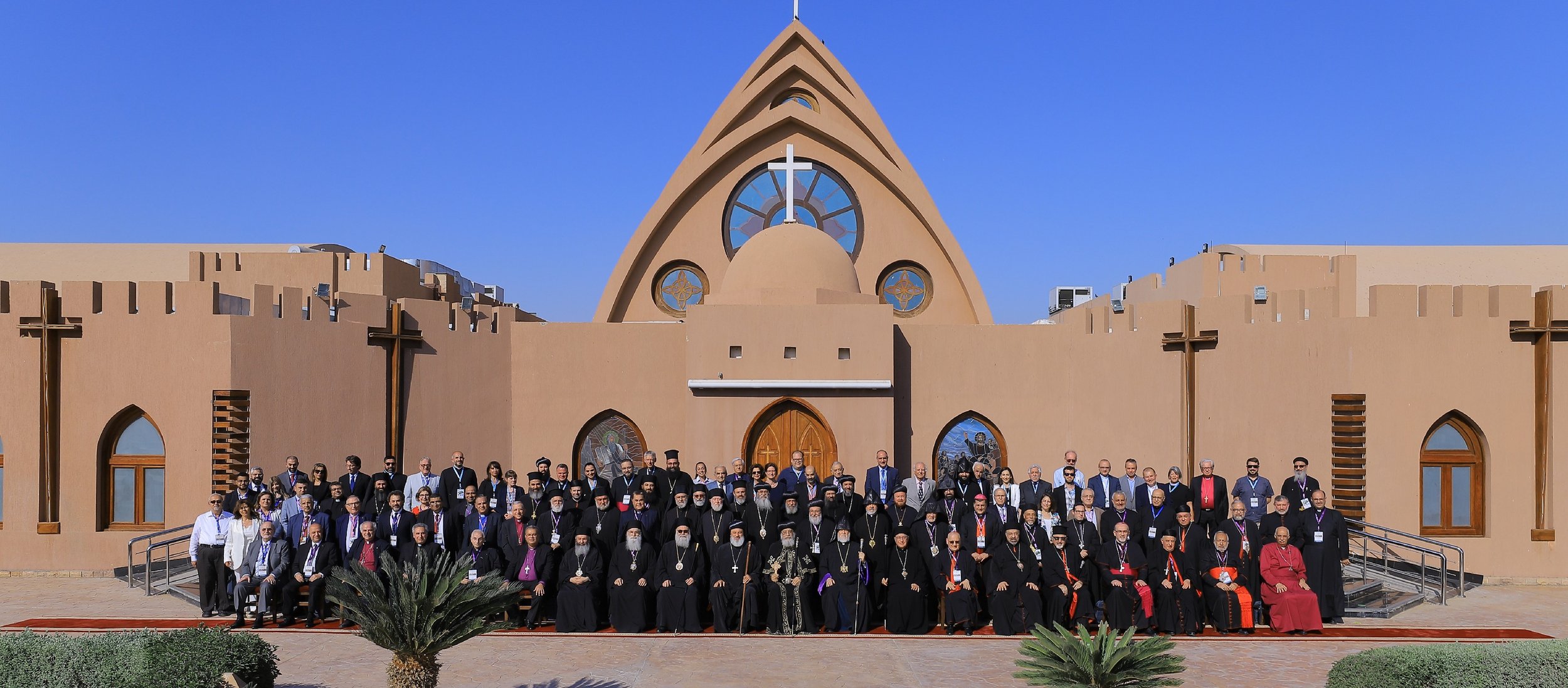

VIDEOS
The Middle East Council of Churches… 50 years of Continuous Witness
A Story of Success
Department of Diakonia and Ecumenical Relief


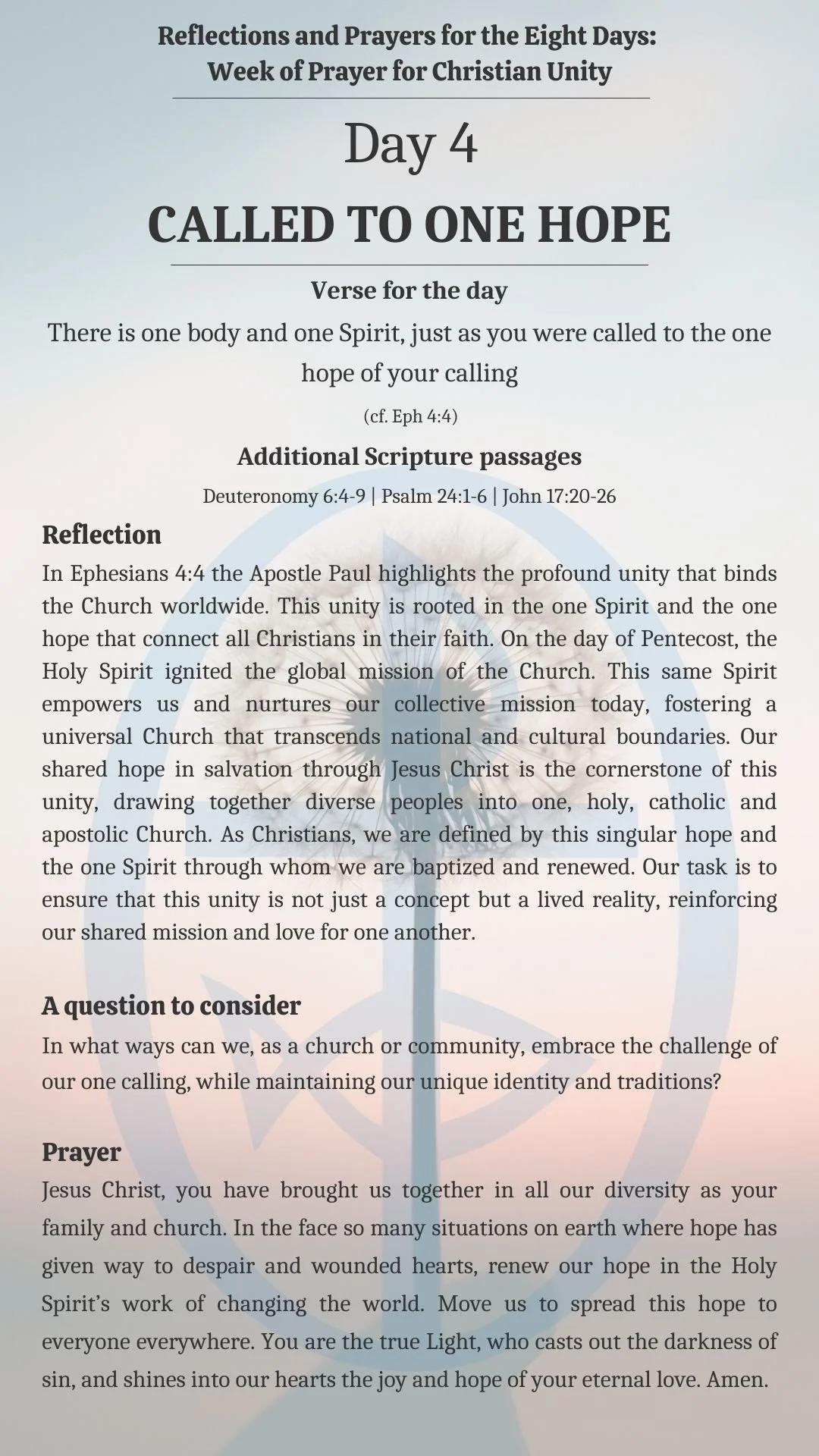
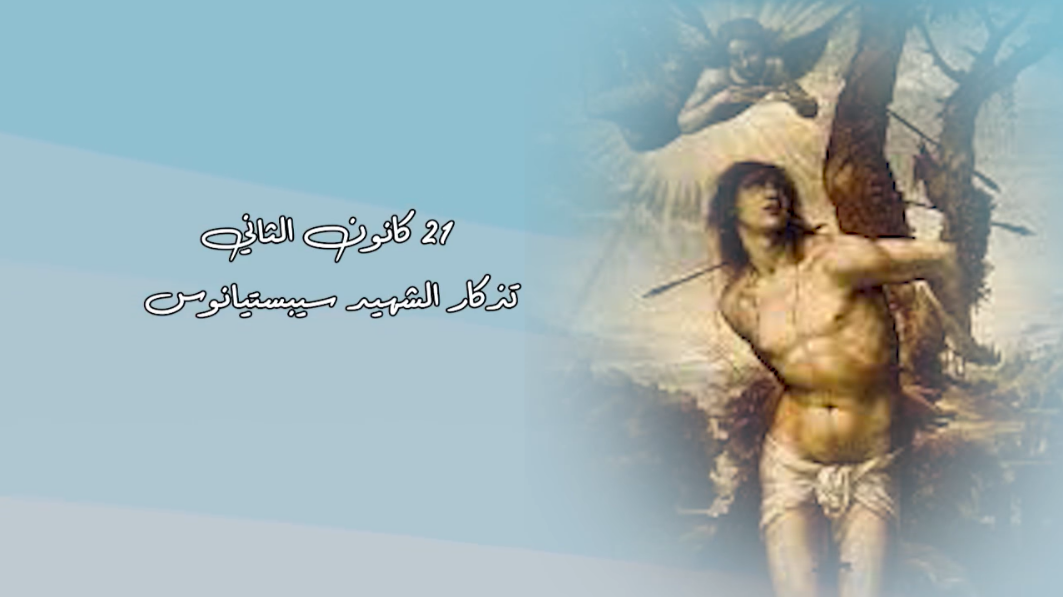
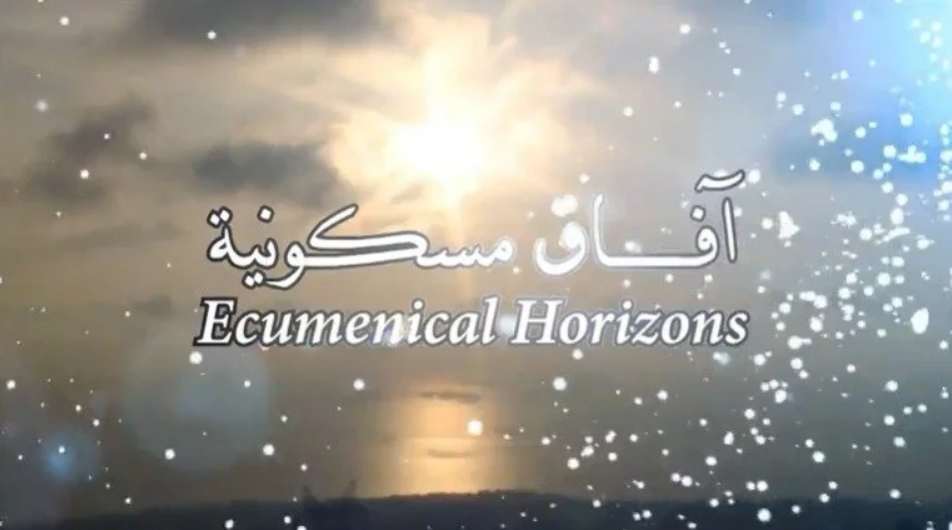
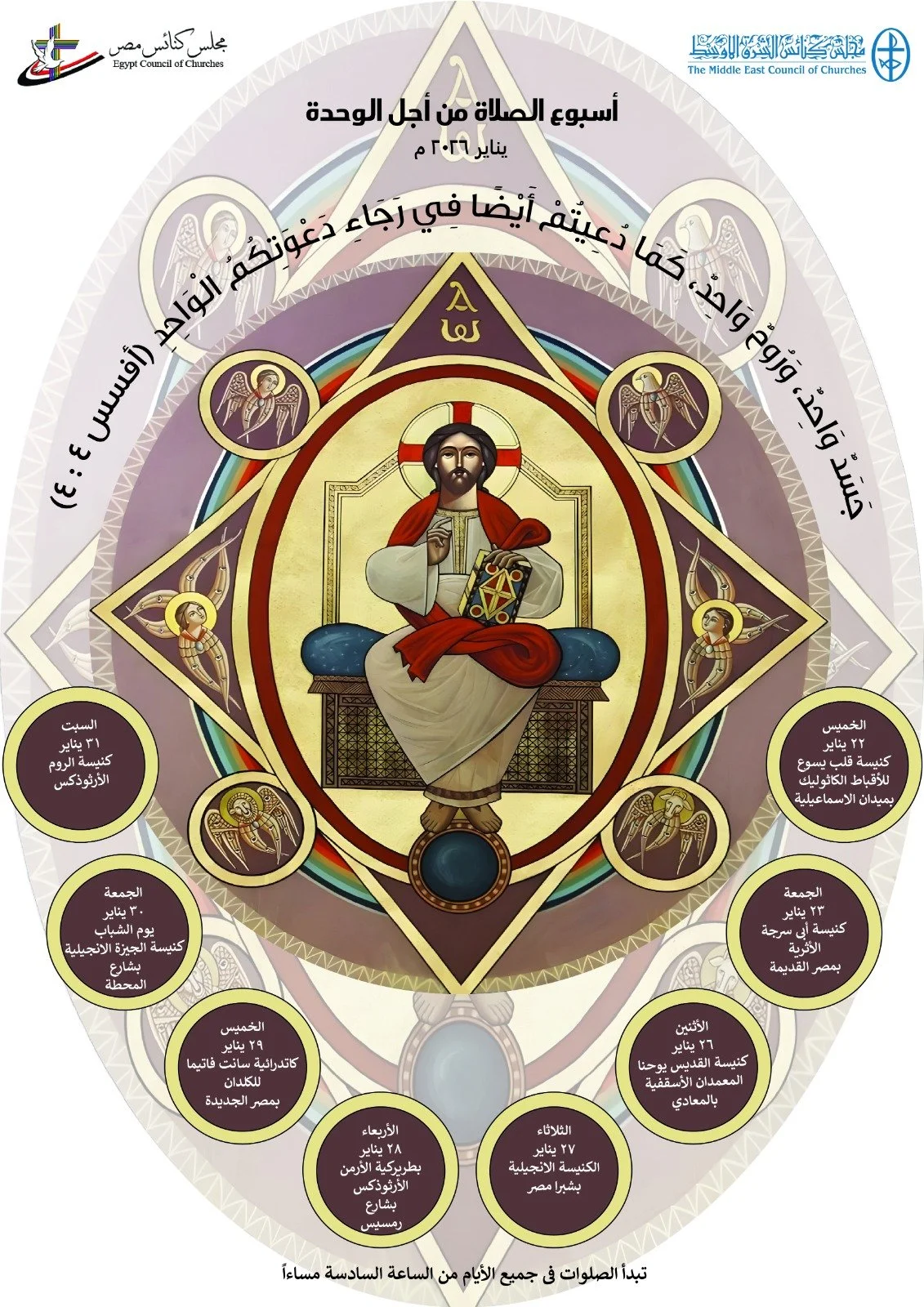
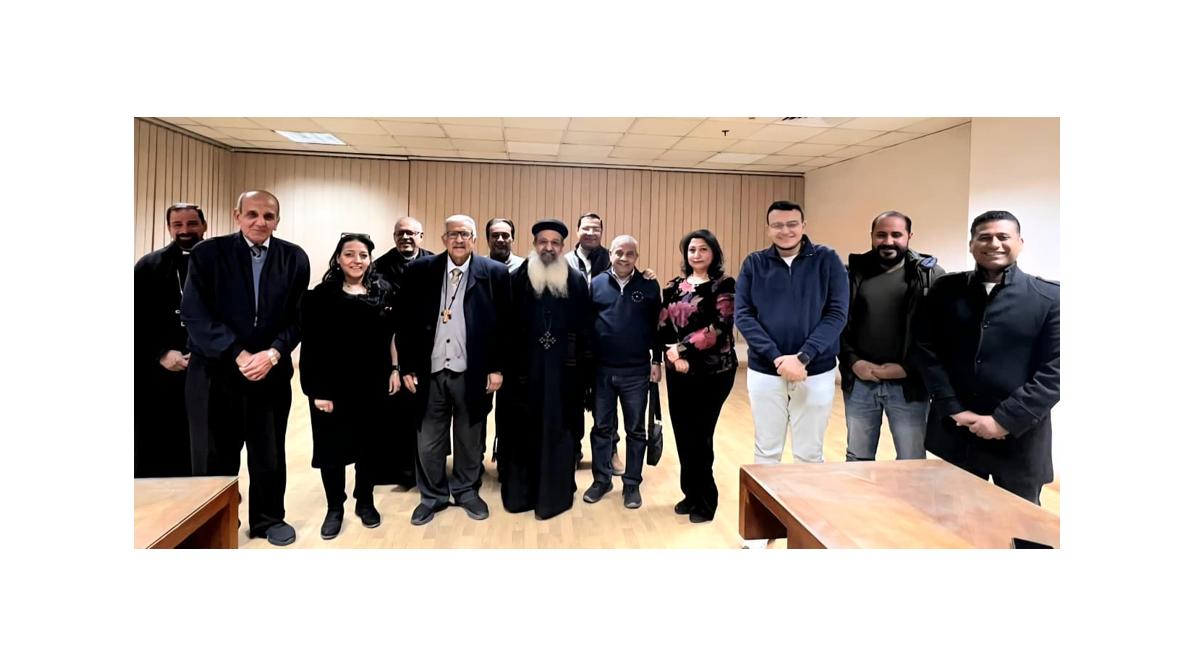
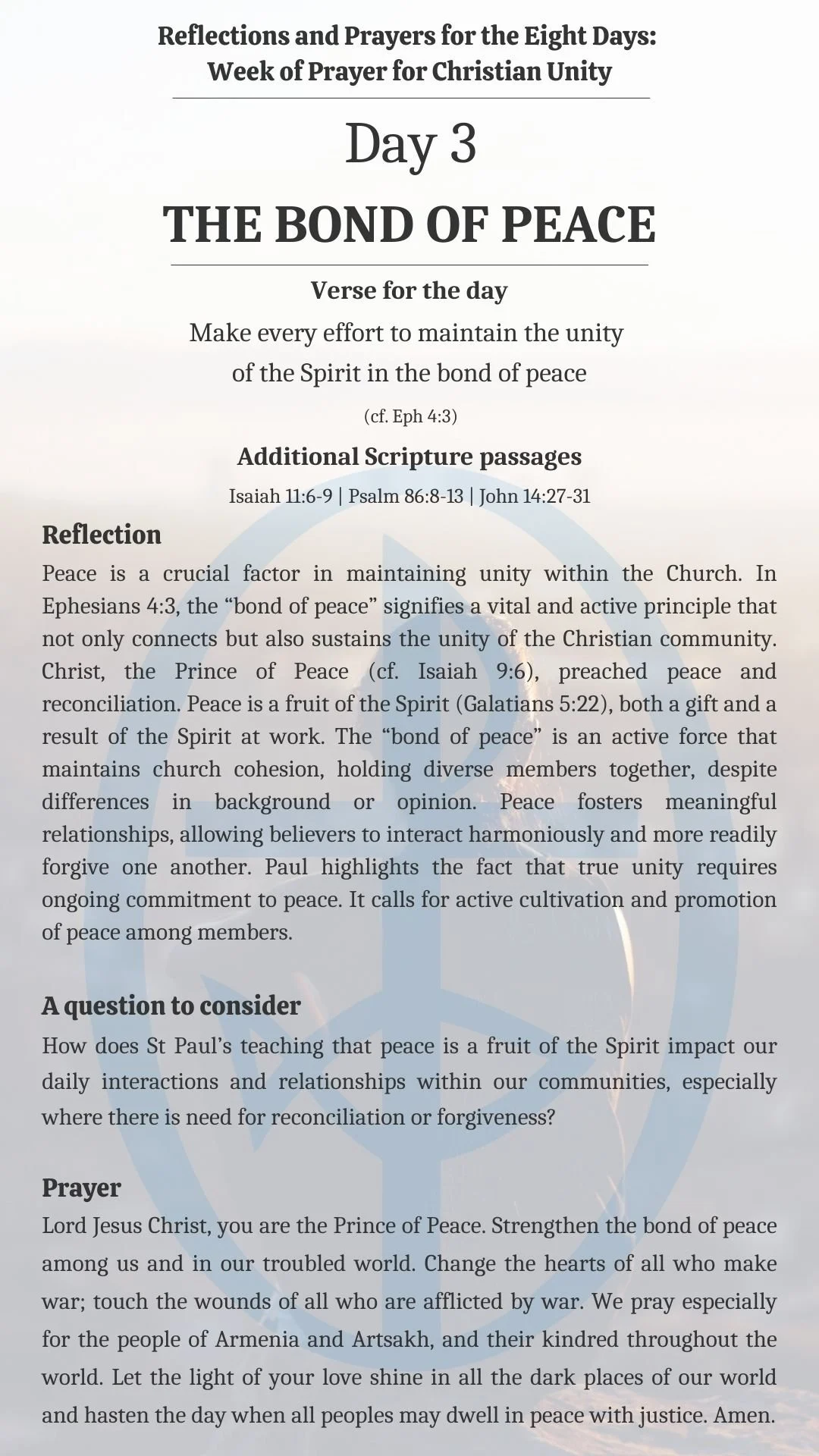
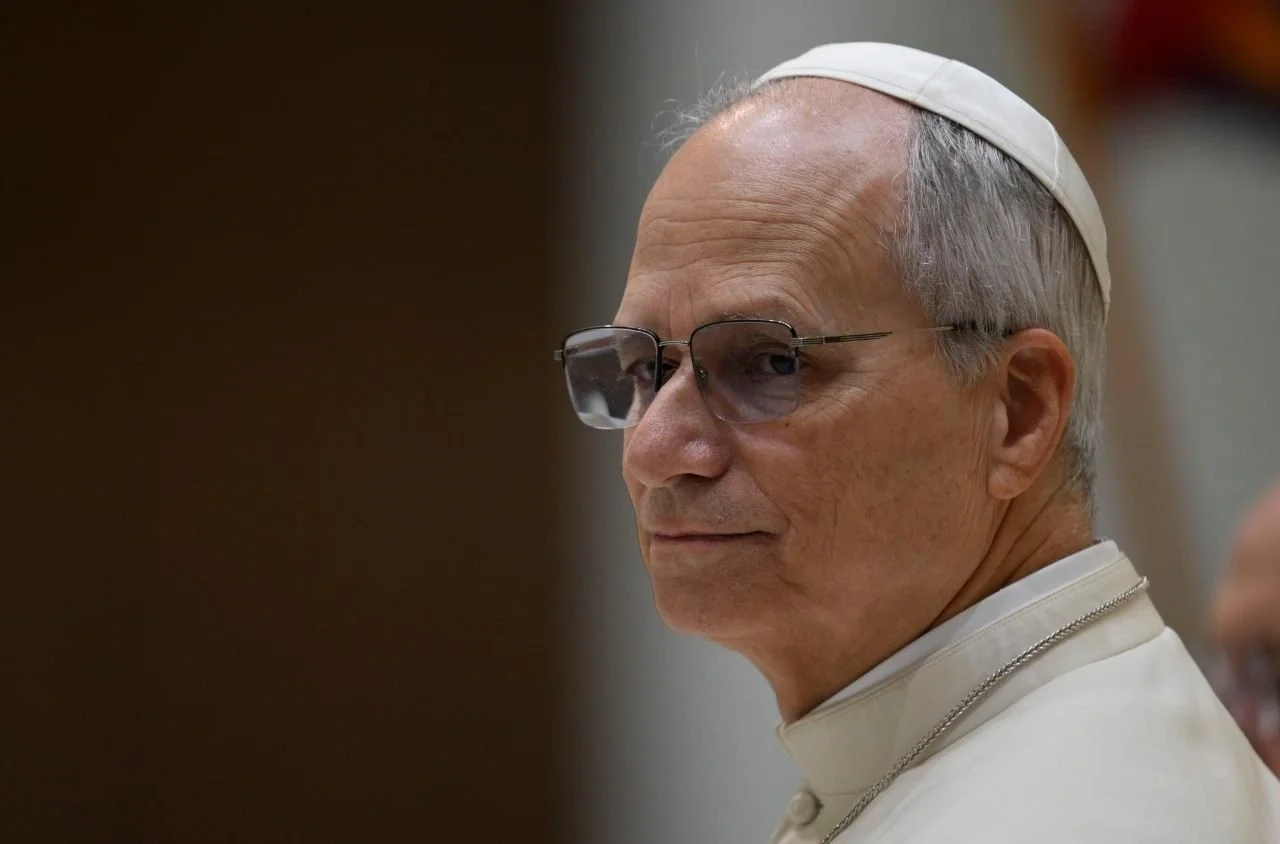

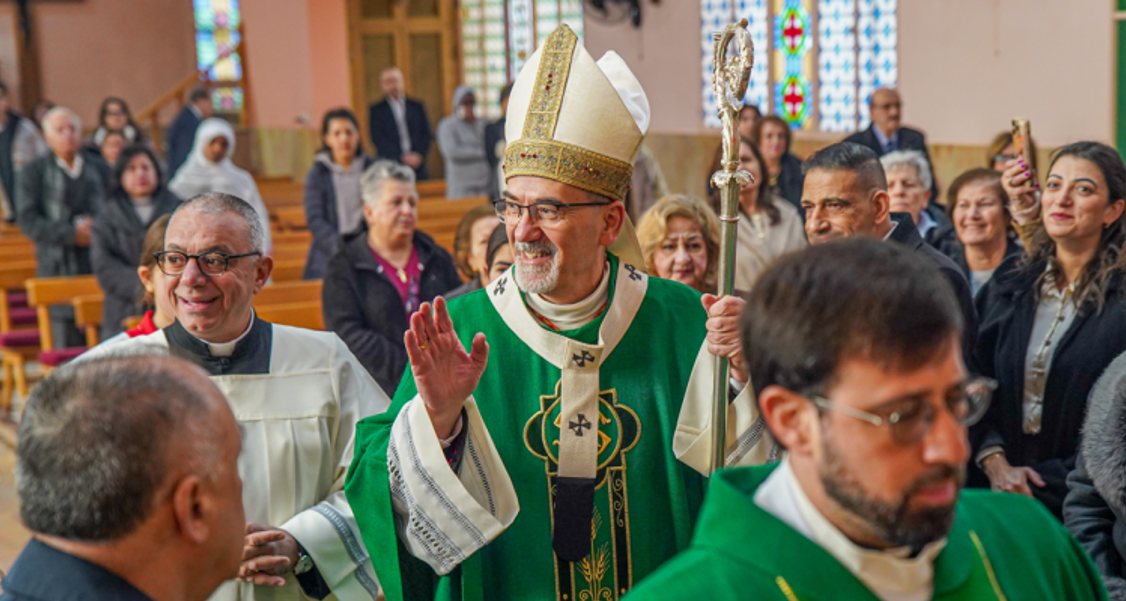
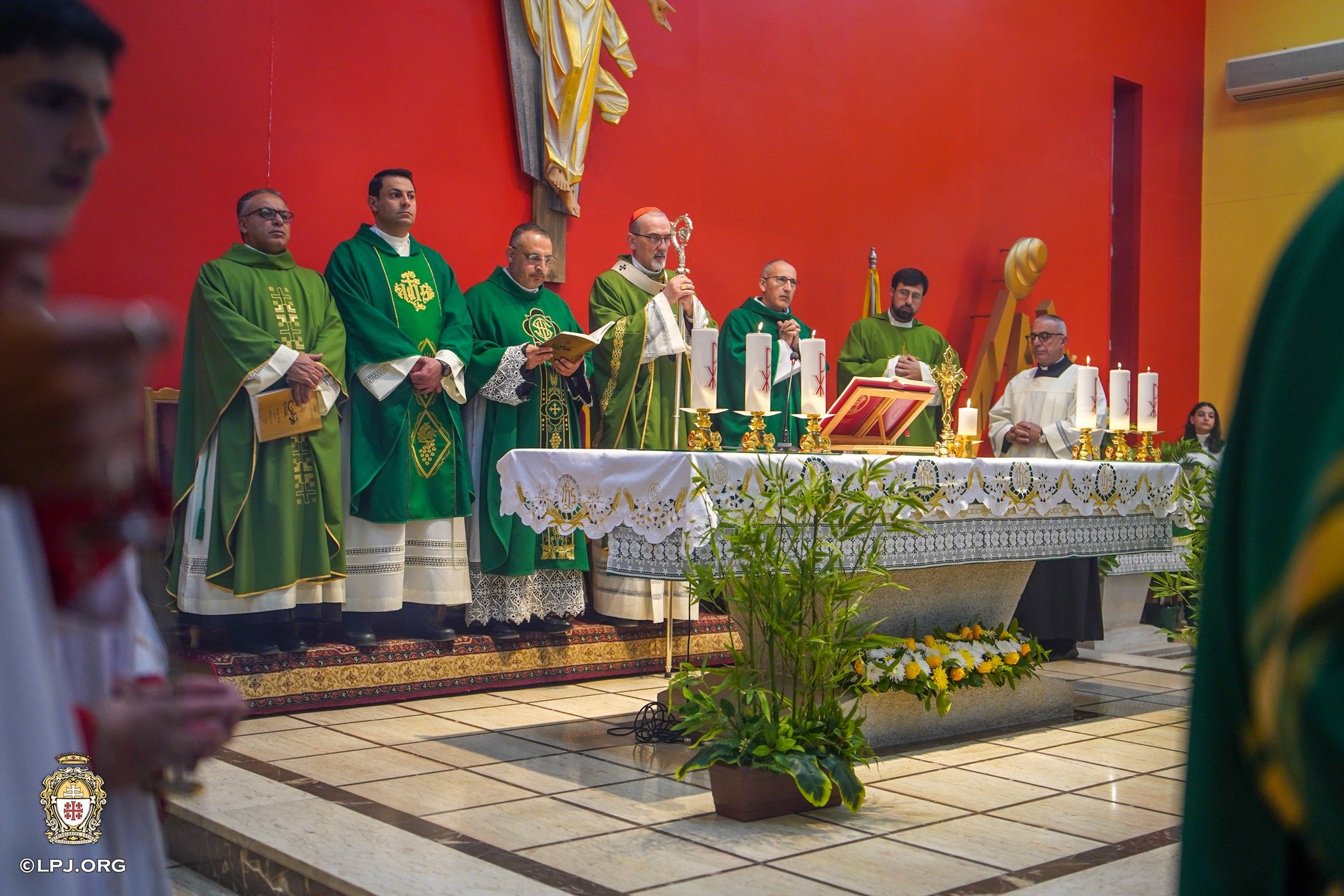
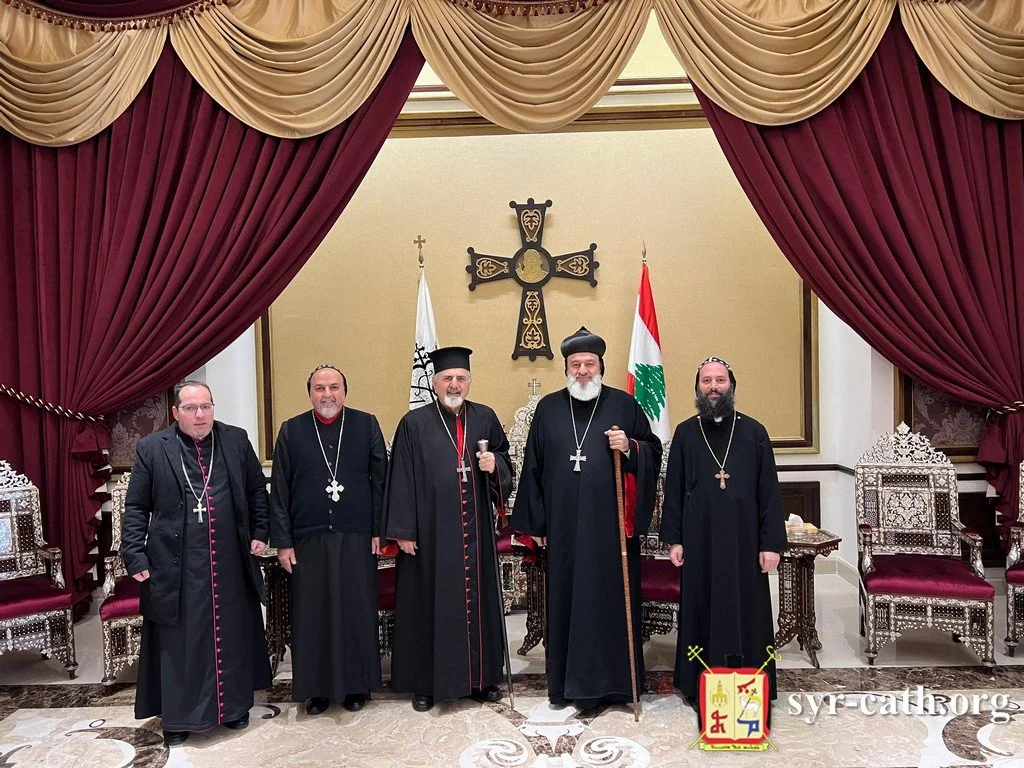

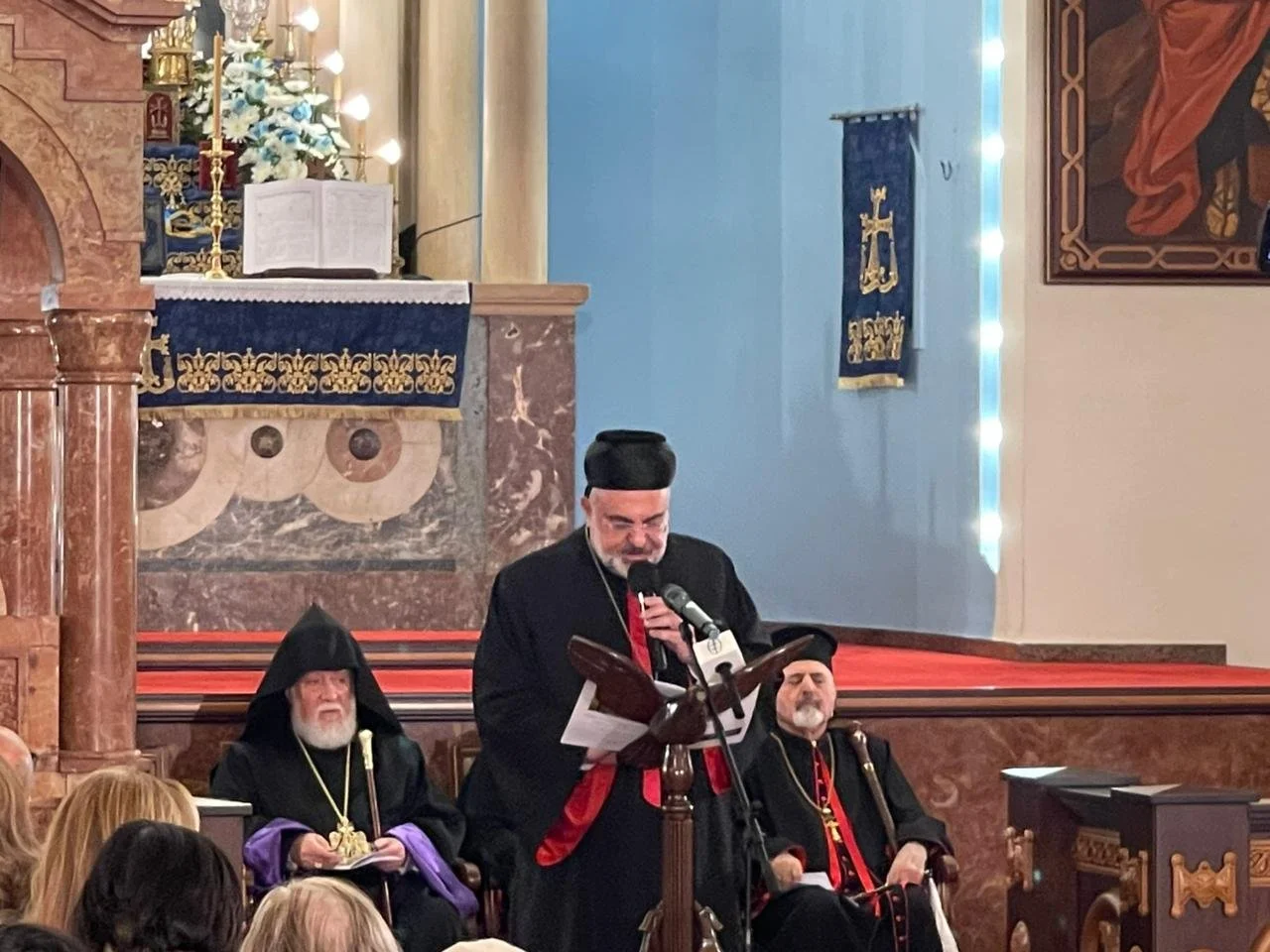
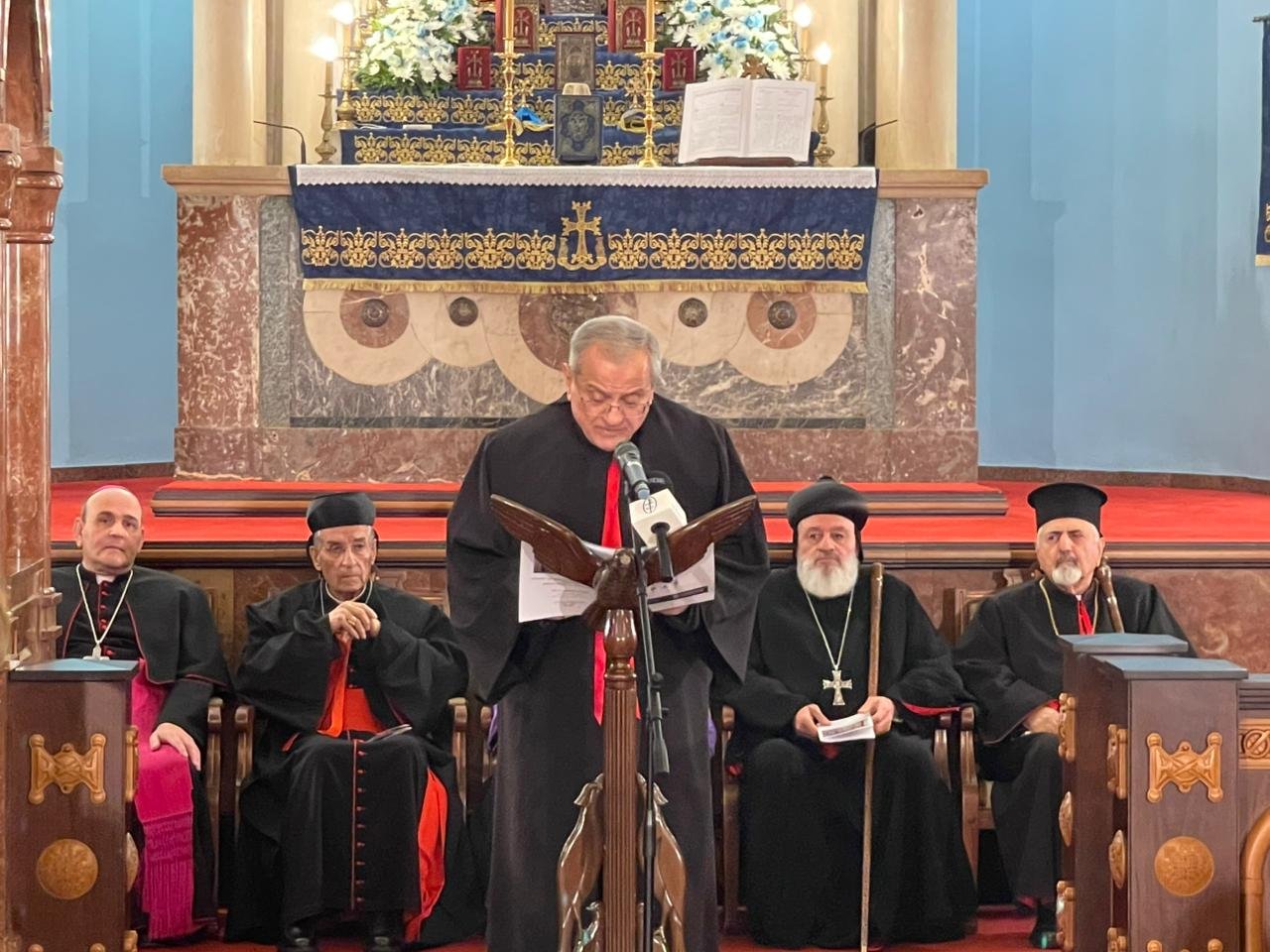
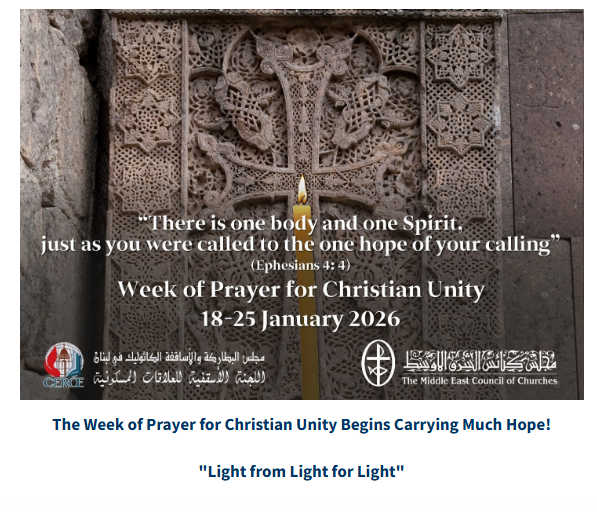

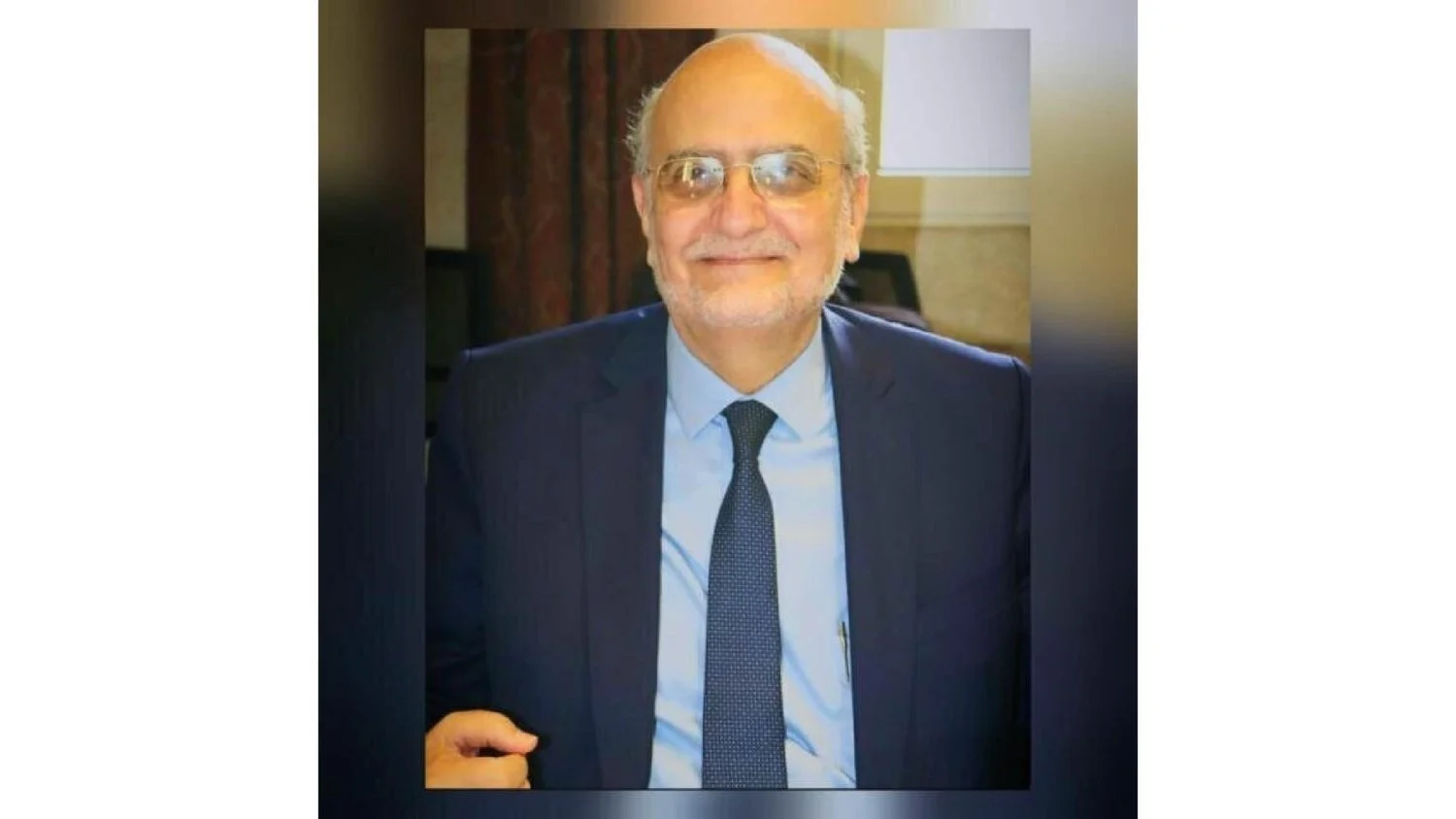
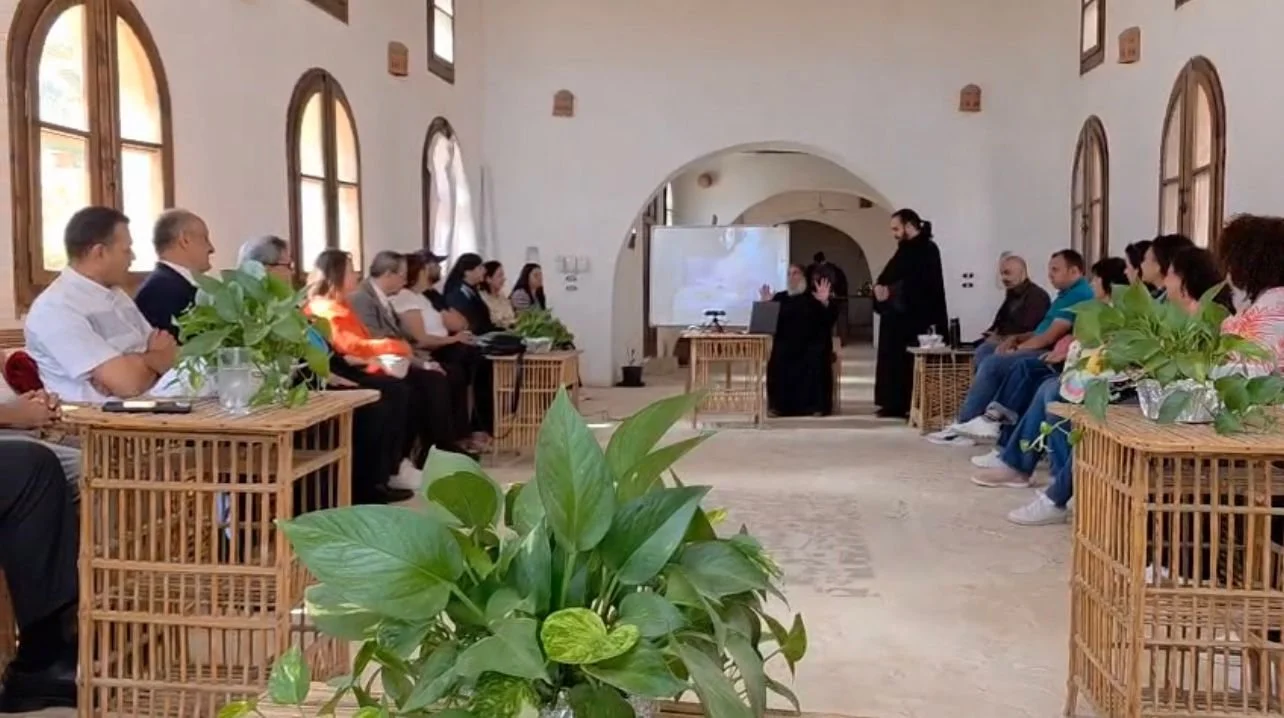















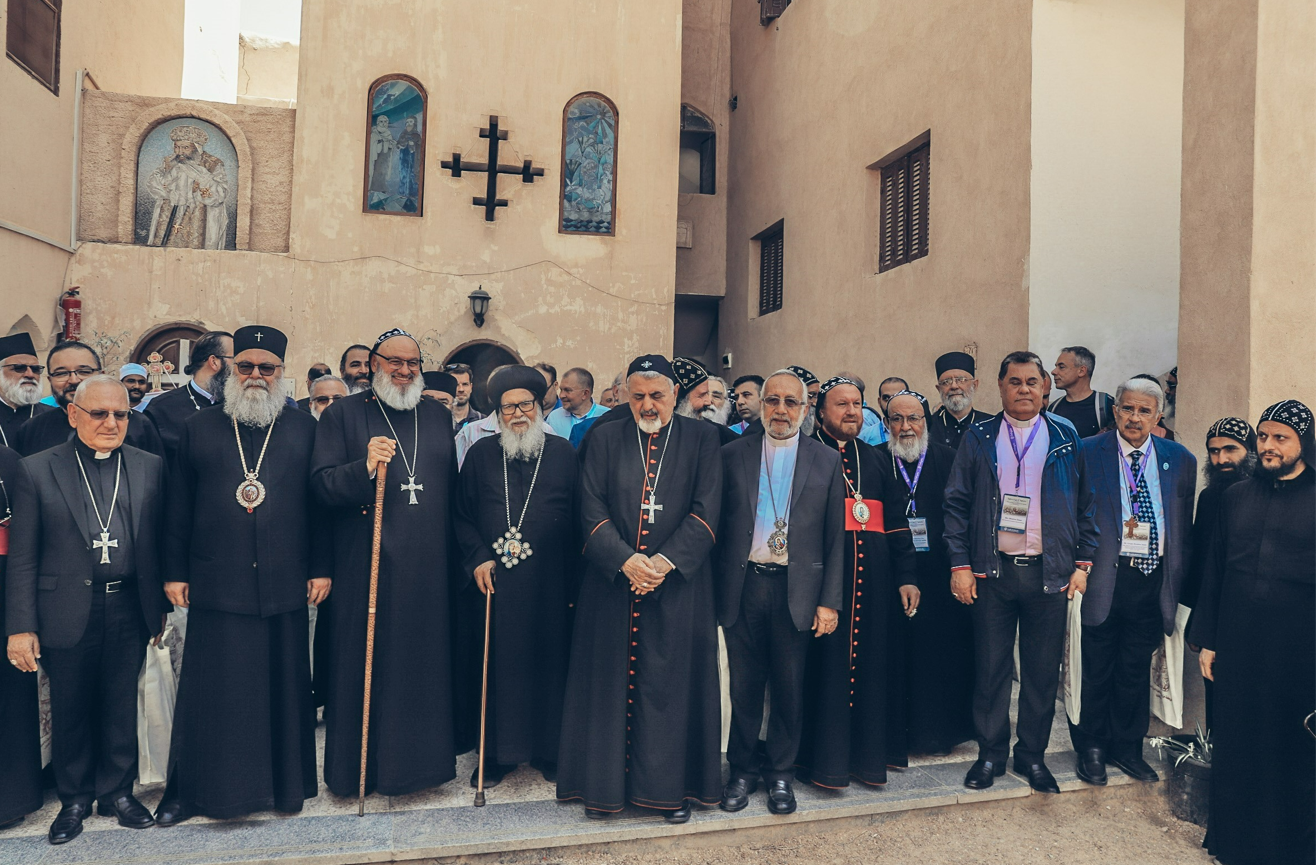













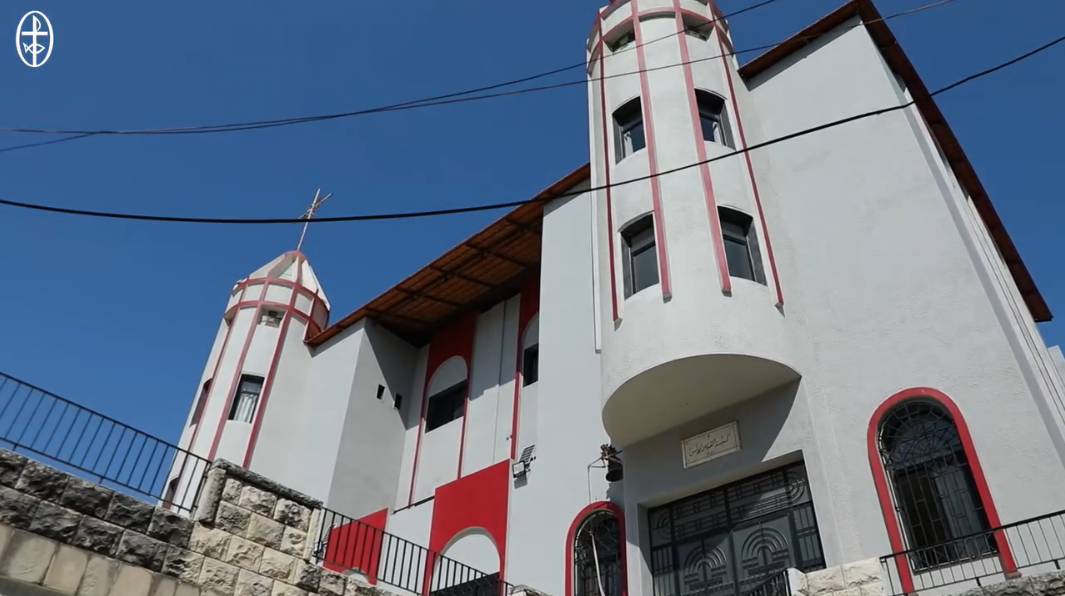


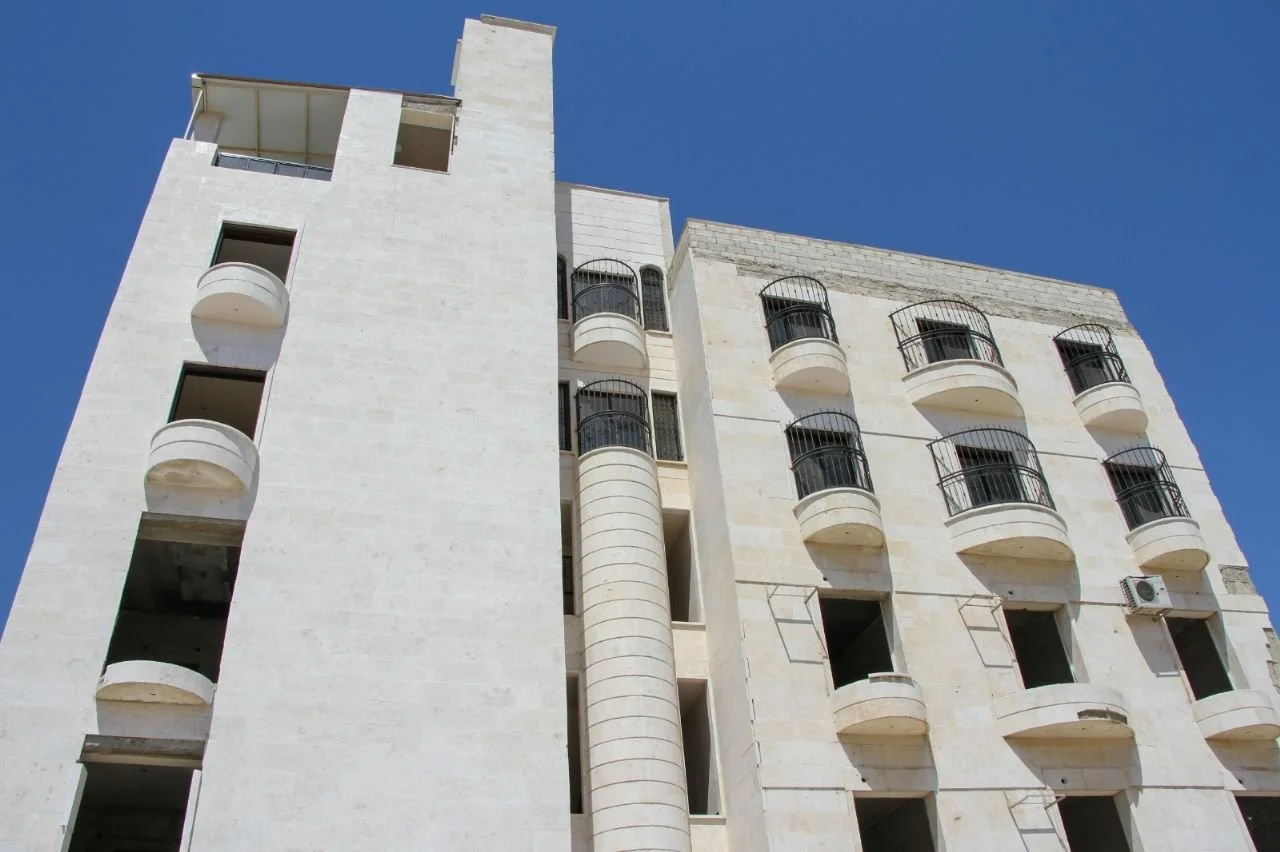





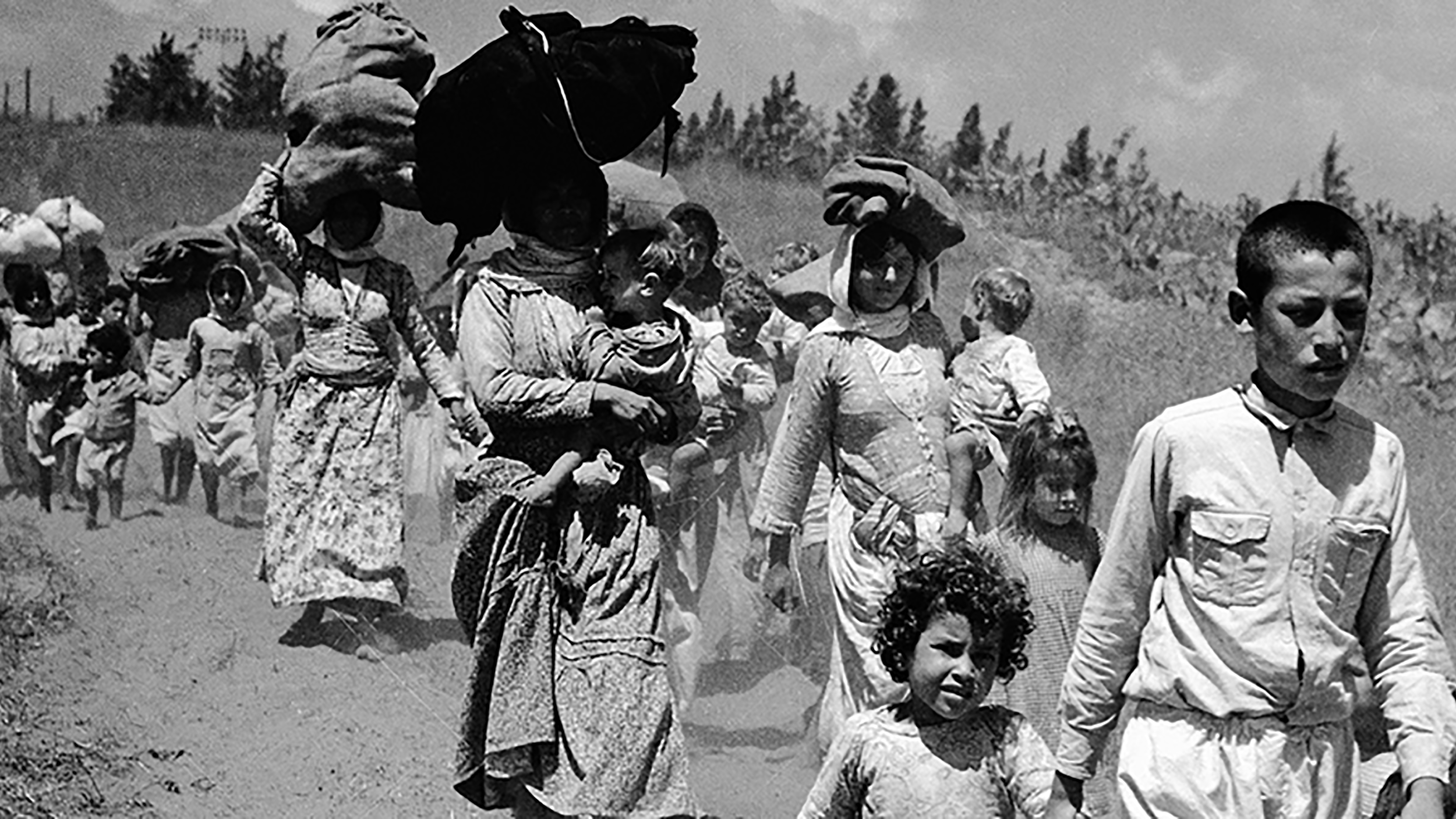
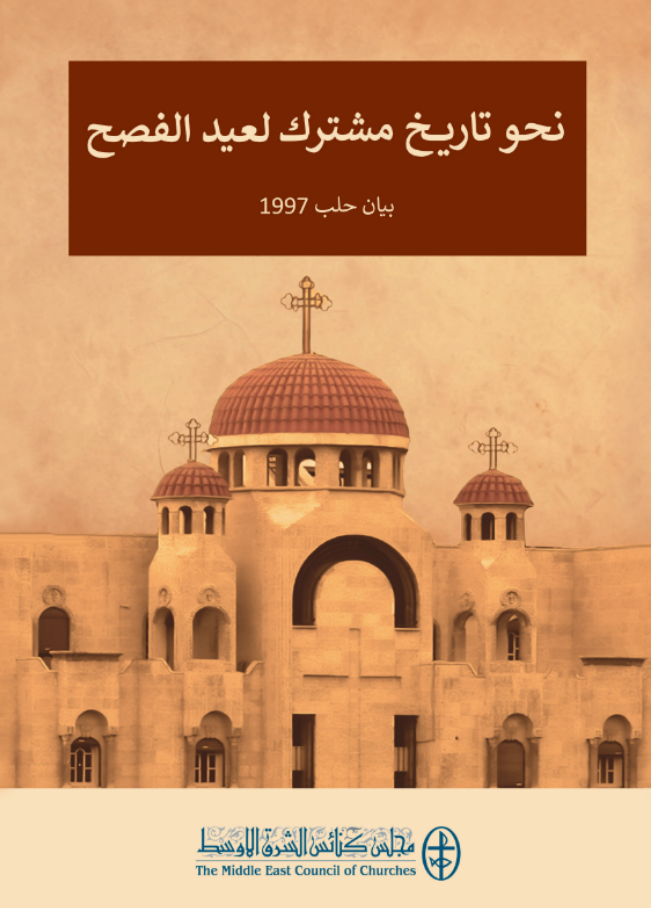
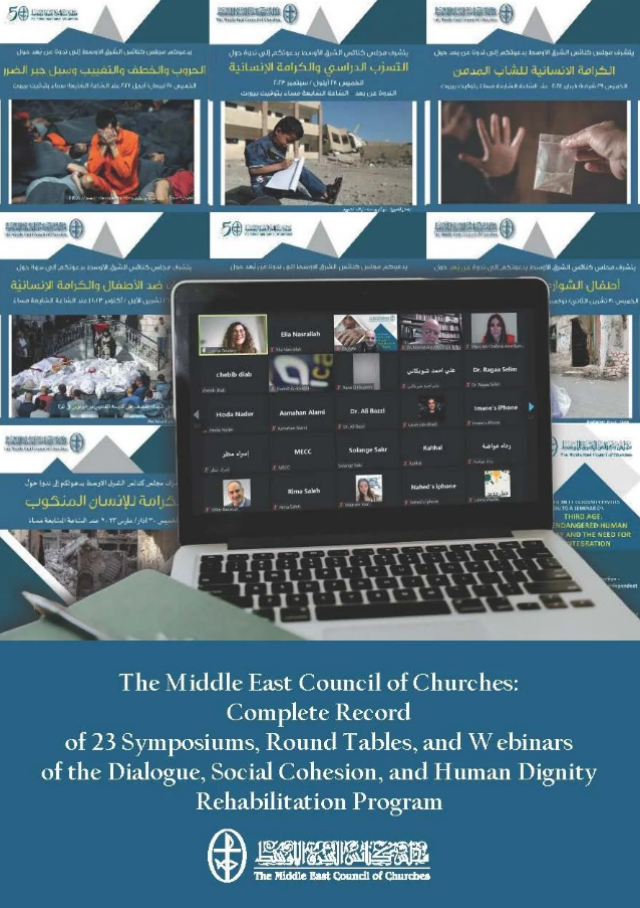


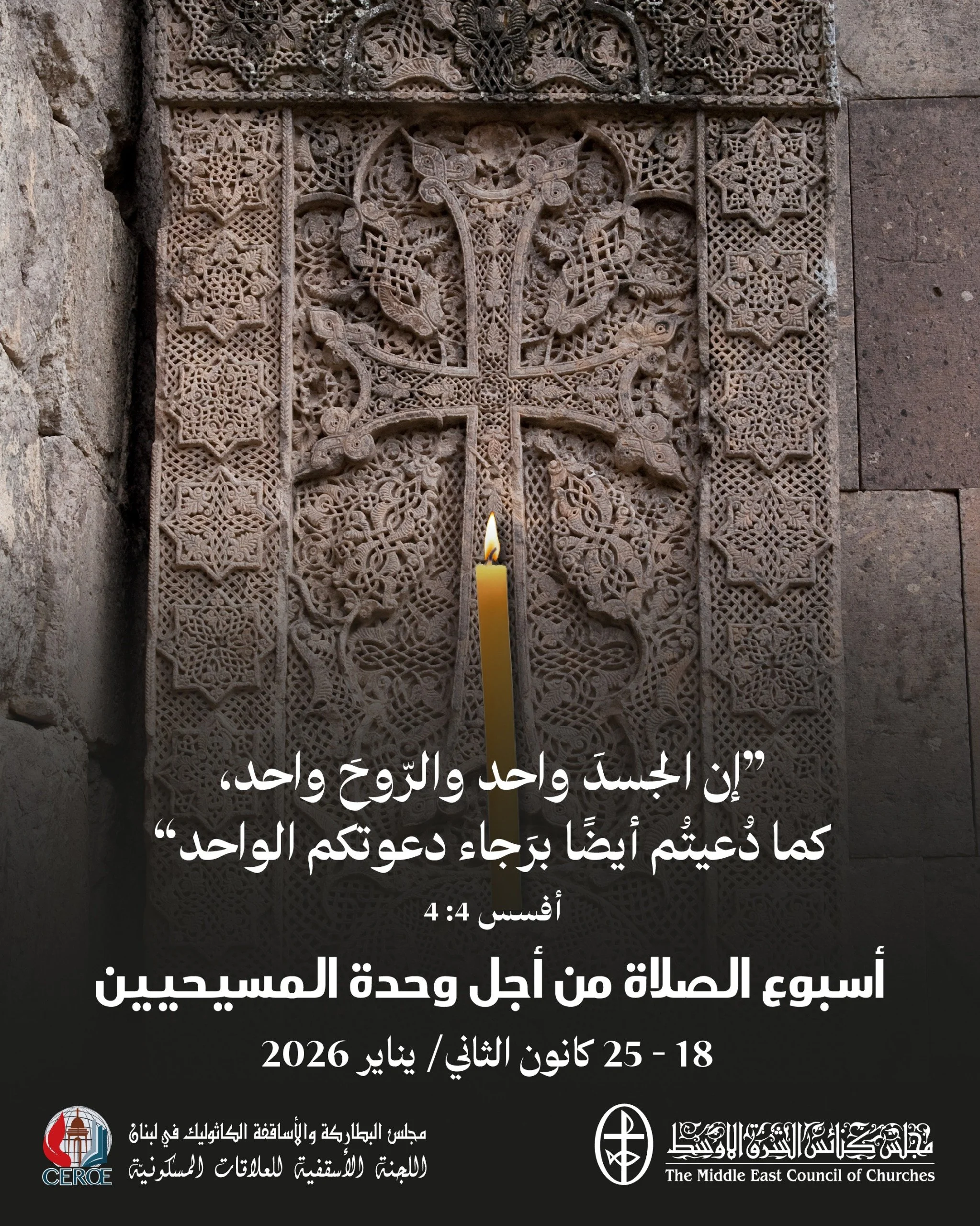
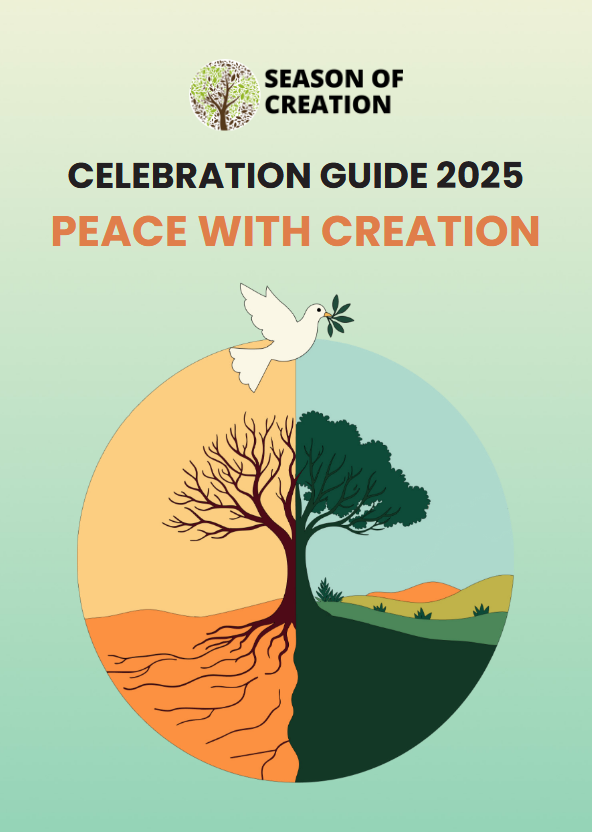

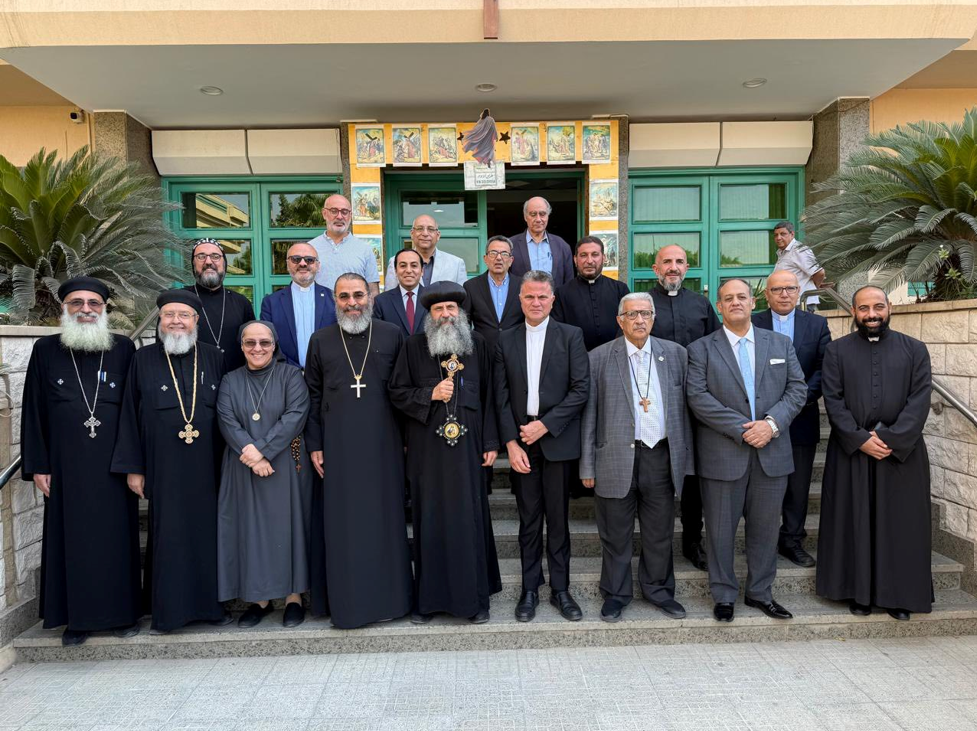
On the Occasion of the Yearly Anniversary of His Election as Syriac Catholic Patriarch of Antioch
On the occasion of the Yearly Anniversary of the Election of His Beatitude Patriarch Mor Ignatius Joseph III Younan as Syriac Catholic Patriarch of Antioch, the Secretary General Professor Michel Abs, on behalf of the Middle East Council of Churches (MECC) family, extends his warmest congratulations to His Beatitude, who is Honorary President of the Middle East Council of Churches (MECC), wishing him continued health and success in his Pastoral service as a faithful servant of the Church of Christ.
The Middle East Council of Churches also raises its Prayers to God on the intention of His Beatitude to bless his service, bestow His graces upon him, and grant him the power of the Holy Spirit to lead his Church to the salvation in the name of Jesus Christ, and to remain a model of love and endless giving in the field of the Lord, wishing him many years of goodness, blessing, and holiness.